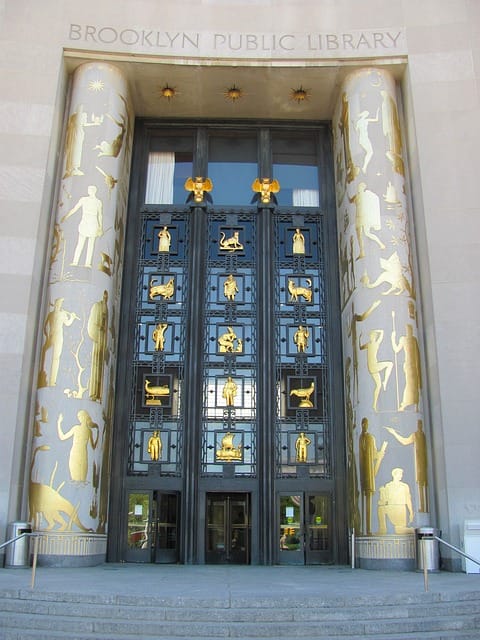
It’s been 15 days: Do you know if your petition has been served?
In a recent case seeking to challenge the approval of a Brooklyn project, the project’s opponents learned that time matters, and courts have a difficult time finding “good cause” when the complaint is served late.
On May 18, 2019, the Appellate Division, Second Department affirmed a judgment of the Kings County Supreme Court granting respondents’ motion to dismiss for failure to timely serve an Article 78 petition in Rimler v. City of New York, 2019 N.Y. Slip Op. 03599 (2d Dept, May 8, 2019). In ruling so, the Supreme Court denied the petitioners’ cross motion to extend the time to serve process, nunc pro tunc (“now for then” – as in retroactively).
In Rimler, petitioners challenged a negative declaration made during the environmental review of a project in downtown Brooklyn involving the sale and the redevelopment of a site. The project called for the demolition of the two-story Brooklyn Public Library and for the construction of a 36-story building, with below- ground parking, a new branch library, retail space, and apartments. The project underwent a review pursuant to the State Environment Quality Review Act (SEQRA) and the Rules of the City of New York governing City Environmental Quality Review (CEQR) in which the Mayor’s Office of Sustainability, designated as lead agency, issued a negative declaration on June 12, 2015. By issuing this negative declaration, MOS determined that the project would not have a significant adverse impact on the environment and that a full environmental impact statement (EIS) did not need to be performed. After additional administrative reviews by City agencies under the Uniform Land Use Review Procedure (ULURP), the City Council ultimately approved the project on December 16, 2015.
First a reminder about SEQRA and negative declarations (NegDec): As we have noted in a previous blog, in New York, any development project that requires state “action,” including approval from a “state agency” that may have a “significant effect on the environment,” must go through a SEQRA assessment to determine if the proposed project “may” have an adverse environmental impact. Lead agencies are required to take a close look at the proposed action and typically issue reasoned explanation as to their ultimate decision during the initial stages to determine whether a project may have an adverse environmental impact. Projects are either flagged for further SEQRA investigation or determined to not require further review through the issuance of a “negative declaration” (as was the case in Rimler).
On April 15, 2016, the petitioners filed an Article 78 proceeding challenging the City’s determination under SEQRA to issue a negative declaration and to not require an Environmental Impact Statement, as well as sought an injunction to halt the project. The statute of limitations for this type of case is four (4) months, so by filing on April 15, 2016, the petitioners timely commenced their challenge to the SEQRA review. However, the petitioners failed to timely serve their petition on the respondents within the appropriate time.
You see, although, ordinarily, pleadings must be served within 120 days following their filing, New York’s court rules (under CPLR Section 306-b) require that in case where the applicable statute of limitations is four months or less, service of the pleadings must be made no later than 15 days after the statute of limitations expires. As the statute of limitations expired on April 16, 2016, the petitioners were required to serve the respondents by early May but failed to do so until late May!
The Court also ruled that, while CPLR 306-b does allow for the extension of the time for service “upon good cause shown or in the interest of justice,” good cause will not exist when a party fails to attempt timely service. As the Court noted, there was no evidence that the petitioners attempted service by May 2, 2016, and thus, they were not entitled to the “good cause” extension. The Appellate Division also agreed with the Supreme Court and held that the proceeding was properly dismissed on the merits, concluding that the Mayor’s Office of Sustainability fulfilled its obligations and adequately conducted the environmental review under SEQRA.
This decision shows that in bringing an Article 78 proceeding to challenge determinations made pursuant to environmental reviews, not only is it vital to know the statute of limitations, but also to know the intricacies of when pleadings must be served on respondents. Although, based on the Court’s opinion, it appears that even if service requirements had been met, this case would have been dismissed on the merits.
Call the attorneys of Periconi, LLC at (212) 213-5500 for more information on Article 78 proceedings, SEQRA and CEQR environmental reviews, or if your development project is being opposed.

